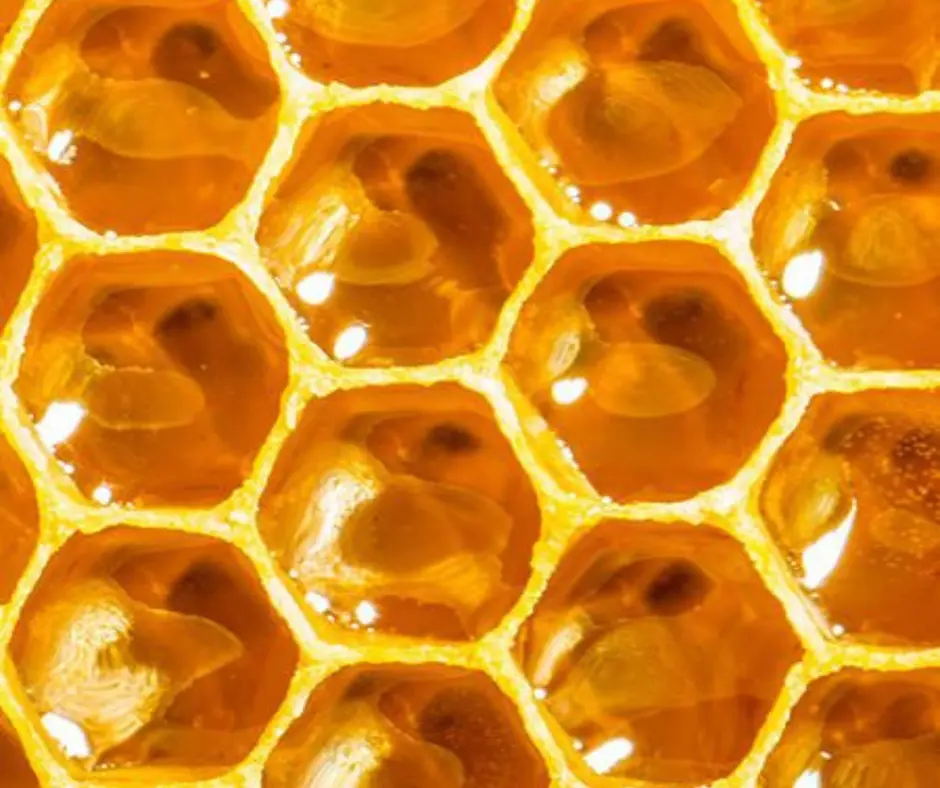Babies look super cute while sleeping, but when they start snoring, it can leave parents both amused and concerned. Baby snoring is very different from adult snoring, while adult snoring is often associated with lifestyle choices like sleep position, weight, or habits, baby snoring has unique causes. Let’s dive into the reasons behind baby snoring, whether it’s normal when it might be a cause for concern, and what can be done to reduce it. In this blog post, we will cover the various common questions you have about baby snoring.

Why is My Baby Snoring?
Snoring in babies is caused by a partial blockage in the airway during sleep. Unlike adults, whose snoring might be attributed to factors like obesity or alcohol consumption, babies can snore due to a variety of developmental and physiological reasons. Here are some of the common causes:
- Nasal Congestion: Babies often experience nasal congestion, especially during the colder months or if they have a cold, allergies, or exposure to irritants. Their nasal passages are much smaller than those of adults, so even a small amount of congestion can lead to snoring.
- Underdeveloped Airways: Newborns have relatively narrow airways. If their airway is partially blocked due to mucus or the position they are sleeping in, it can create a snoring sound as the air struggles to pass through.
- Enlarged Tonsils or Adenoids: Just like in older children and adults, enlarged tonsils or adenoids can obstruct the airway. If a baby’s tonsils or adenoids are larger than normal, it can cause them to snore. This might require medical attention if it causes significant breathing difficulty.
- Position During Sleep: Babies can snore if they are lying on their back, as their tongue might partially block the airway. In such cases, adjusting their sleeping position can sometimes reduce snoring.
- Sleep Apnea: Though rare in infants, obstructive sleep apnea can be a cause of snoring. This condition occurs when the airway becomes completely blocked during sleep, leading to brief pauses in breathing. Sleep apnea in babies should be addressed by a healthcare professional if suspected.
Read More: Read about snoring in adults
Is Baby Snoring Normal?
Snoring can be normal for babies, particularly if it occurs sporadically and isn’t associated with other signs of distress. If your baby occasionally snores but is otherwise healthy, gaining weight, and not showing any signs of difficulty breathing, it’s likely nothing to worry about.
However, if the snoring is persistent or comes with other symptoms, such as:
- Pauses in breathing
- Difficulty feeding or sleeping
- Excessive tiredness during the day
It may indicate a more serious issue like sleep apnea or another respiratory problem. In these cases, consulting a pediatrician is crucial to rule out any underlying conditions.
Baby Snoring While Sleeping: What to Watch Out For
If your baby snores while sleeping, keep an eye on the following to determine if the snoring is part of a normal sleep pattern or indicative of something more concerning:
- Noisy Breathing: Occasional noisy breathing is common in infants, especially if they are congested. However, constant noisy breathing may suggest a partially blocked airway.
- Mouth Breathing: If your baby tends to breathe through their mouth while sleeping, it could indicate nasal congestion or an obstruction in the nose.
- Restlessness During Sleep: Babies who experience sleep apnea or other sleep-disrupting conditions may appear restless and may wake frequently during the night.
- Gasping or Pauses in Breathing: This is a red flag. If you notice your baby gasping for air or pausing between breaths for more than a few seconds, it could indicate a more serious issue, and immediate medical attention should be sought.

Baby Snoring Loudly: Should You Be Worried?
Loud snoring in babies is often more concerning than light or occasional snoring. Loud snoring could suggest more significant airway blockage, potentially from conditions like enlarged adenoids or tonsils. If your baby’s snoring is loud and consistent, especially if it seems to disrupt their sleep, it’s wise to bring this up with your pediatrician.
Loud snoring may also be a sign of infant sleep apnea. While sleep apnea in babies is less common than in adults, it can lead to poor sleep, developmental issues, and breathing difficulties. Pediatricians may recommend further investigation, including a sleep study, to assess the baby’s breathing patterns.
Baby Snoring and Congestion: How Are They Connected?
Nasal congestion is one of the most common reasons for baby snoring. Congestion can result from:
- Colds or Respiratory Infections: When babies catch a cold, mucus builds up in their nasal passages, making it harder for them to breathe normally through the nose.
- Allergies: Environmental allergies (e.g., to pollen, dust, or pet dander) can cause nasal inflammation and congestion, contributing to snoring.
- Dry Air or Irritants: Dry air, especially during the winter months when heaters are in use, can dry out a baby’s nasal passages, making it harder for them to breathe. Exposure to cigarette smoke or other irritants can also lead to congestion and snoring.
In most cases, if congestion is the cause of your baby’s snoring, it can be alleviated with home remedies such as using a humidifier, offering saline nasal drops, or ensuring your baby is staying well-hydrated. It’s also important to clear their nasal passages gently with a nasal aspirator if necessary.
What Can You Do About Baby Snoring?
Here are some strategies to help reduce snoring in babies:
- Keep Baby’s Airway Clear: Use a humidifier in the baby’s room to keep the air moist, especially in dry climates or during winter months when heaters are running. You can also use saline nasal drops or a bulb syringe to gently clear your baby’s nose if they are congested.
- Adjust Baby’s Sleeping Position: If your baby tends to snore while sleeping on their back, try adjusting their sleep position. While it’s safest for babies to sleep on their backs, slightly elevating the head of their crib (using a wedge pillow designed for cribs) or repositioning them can help reduce snoring.
- Avoid Irritants: Ensure your baby’s environment is free of irritants such as smoke, dust, and pet dander, as these can contribute to congestion and snoring.
- Monitor Their Weight and Growth: In rare cases, snoring can be related to a baby being overweight, as excess fat can put pressure on their airway. Ensuring your baby is gaining weight appropriately and receiving proper nutrition can help in their overall development and reduce the likelihood of snoring-related issues.
- Consult a Pediatrician: If your baby’s snoring persists, especially if it’s loud or accompanied by other symptoms like breathing pauses, feeding difficulties, or unusual sleepiness during the day, consult your pediatrician. They may recommend further evaluation to rule out conditions such as sleep apnea or enlarged adenoids.
Home remedies for Baby snoring
Because baby snoring is very different from adult snoring, we have curated a list of safe remedies and these remedies are harmless.
Honey – Honey is one of the safest home remedies for baby snoring, it not only helps in treating nasal congestion but is also very good for the stomach. The natural warmth of good quality honey will relieve your baby if given at regular intervals of time. The suggested dose is half a tablespoon of pure honey given thrice a day to cure baby snoring.

Turmeric – Turmeric is popular for its healing, warm nature and also as an Indian spice. But turmeric is also very helpful in treating nasal congestion in babies and improving their gut health. You should mix a pinch of turmeric with the milk, which you can give to your baby at regular intervals, this will help prevent nasal congestion, and it will cure baby snoring.

Massage – Massage also helps in increasing the body temperature and is proven to be the best resort for a baby as it helps a baby in several ways. You have to be very careful with your hands while massaging your baby. You should start the massage by rubbing the baby’s hand and slowly undressing him keeping his/her body temperature in check. The areas to target for massage are the chest and back primarily. You can use medicated oil for massage, Make sure that the oil is not a cold oil, like a rose oil. Prefer oil like mustard oil and keep the temperature in check as per the baby’s skin.
